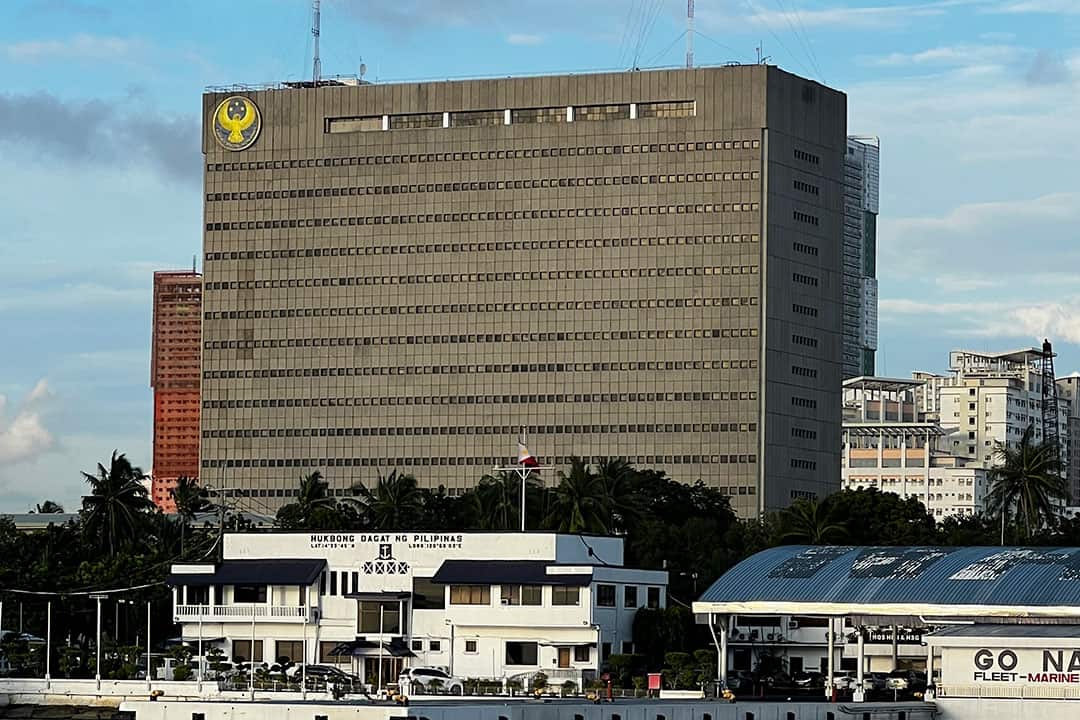PHL likely achieved end-2023 payments digitalization target
By: BusinessWorld
Source: businessworld
The Bangko Sentral ng Pilipinas (BSP) is confident that the country has achieved its target to digitize 50% of retail transactions by end-2023 and is now ready for the next phase of its 2024-2026 Digital Payments Transformation Roadmap.
I believe we reached our 50% target by the end of 2023,” BSP Deputy Governor Mamerto E. Tangonan was quoted as saying in a statement on Monday.
In 2013, we started with a mere 1% share of digital to total retail payments. Fast forward to 2022, and we saw a whopping 42.1% share in digital retail payments transactions,” he added.
The continued growth of digital payment technologies will help facilitate the delivery of financial services to unbanked Filipinos and micro, small, and medium enterprises, the BSP said.
Based on the 2022 Status of Digital Payments report of the BSP, the share of online payments in the total volume of retail transactions rose to 42.1% in 2022 from 30.3% a year earlier.
Transaction volume stood at 4.85 billion in 2022, with those done via digital platforms totaling 2.04 billion. The top contributors for the increase in volume were merchant payments, person-to-person transfers, and salaries and wage payments.
To help boost the adoption of digital payments, the BSP launched the Paleng-QR Ph program in November 2022, which aims to maximize the use of online payments in markets and tricycle hubs through the QR Ph initiative.
QR Ph is a national QR or quick response code standard for digital payments to make transactions interoperable and convenient for merchants and consumers.
The BSP also launched Bills Pay Ph in 2022 “to unify the country’s fragmented bills payment system and allow users to pay their bills whether or not they have an account with their billers’ payment service provider.”
Bills Pay Ph is also expected to help streamline financial processes and serve those with or without access to financial services.
“Through these digital payment facilities, an even greater portion of the population can now actively participate in the formal economy,” the BSP said. — K.B. Ta-asan

